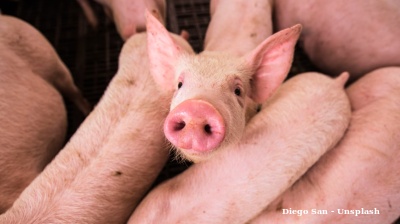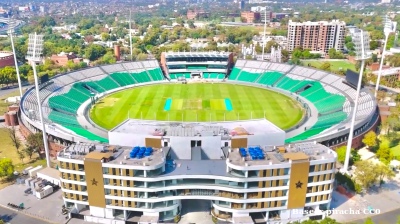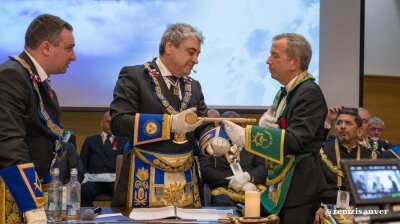Danuse Nerudova, the former Mendel University in Brno rector, is gaining on her rivals in the battle for the Czech presidency, according to a November poll conducted by the Ipsos agency.
Andrej Babis, the populist billionaire and opposition leader, remains in the lead for the first round with 29.7%, followed by former general Petr Pavel with 25.3%, but Nerudova has climbed to 25%. This raises the possibility that Pavel could be knocked out of the run-off, or even that Babis could be eliminated and the second round could be between two centrist candidates backed by the governing coalition.
Babis has widened the gap over Pavel when compared to the previous polls, but it is Nerudova who appears to be making the most significant gains. Pavel’s past in the pre-1989 communist military has been increasingly discussed in the media following historian Petr Blazek’s relentless efforts to depict Pavel as allegedly not disclosing all there is to say about his elite training in the final years of the communist regime, which the historian argues indicates that he was destined for a career as a spy.
Pavel’s outstanding post-1989 career – which includes commanding posts in several missions abroad as well as serving as Czech army chief and the highest ranking commander in Nato from former eastern bloc countries – may not outweigh the strong anti-communist discourse which remains a huge influence in contemporary Czech politics.
Babis himself spent a decade in Czechoslovakia’s foreign trade, including postings abroad where he allegedly cooperated with the feared StB secret police, something he denies despite archived files pointing to the contrary. He has also amassed several corruption scandals during his past decade in national politics, including a prominent mention in the Pandora Papers and a court case where he is standing trial for EU subsidy fraud just as he braces for the decisive weeks of his presidential bid.
This combination of two compromised candidates could pave the way for Nerudova, who tweeted earlier in November that she does not wish to discuss “their [Babis’ and Pavel’s] past, but our future”.
Nerudova has also prompted comparisons with Slovak President Zuzana Caputova, although these can appear like an “empty box”, as journalist and commentator Apolena Rychlikova pointed out, next to Caputova’s personal story of a lawyer standing up for the weak. This non-partisan “empty box”, however, can attract voters tired of partisan clashes during recent political campaigns in the country.
The former Mendel’s University rector’s rise has prompted a number of commentators to ponder whether Babis could even be defeated in the first round, given the tight polling projections among the three favourites.
“Pavel and Nerudova would have to steal from the candidates behind them,” Kantar polling station analyst Pavel Ranocha was quoted as saying by Aktualne.cz, and he added that Babis should be able to rely on a stable ANO party electorate oscillating around 25%.
The remaining six presidential candidates are led by Senators Pavel Fischer with 6.4%, Marek Hilser with 4.2%, and followed by far right SPD party candidate and former career diplomat Jaroslav Basta with 3.6%, labour unions boss Josef Stredula with 3.1%, conspiracist and debtors’ union boss Denisa Rohanova with 1.5%, and former Charles University President Tomas Zima with 1.2%.
The first round voting will be held on January 13-14.
News

Taiwan confirms first African swine fever outbreak
Authorities detected the virus on a pig farm in Wuqi District, Taichung, after 117 pigs died between October 10 and 20.

Afghanistan withdraws from Pakistan tri-nation T20 to protest murder of three local cricketers
The Afghanistan Cricket Board says it has secured clear video footage implicating the Pakistan state in an attack that killed three local cricketers.

Sanae Takaichi makes history as Japan’s first female prime minister
In her first press briefing as leader, the 64-year-old pledged to drive reform with confidence and determination, describing her administration as one “ready to decide and move forward.”

White House halts plans for Trump-Putin summit in Budapest
Anonymous White House official tells AFP there are “no plans” for Trump to meet Putin “in the immediate future”, effectively shelving a Budapest gathering that Trump had described as imminent only days earlier.




